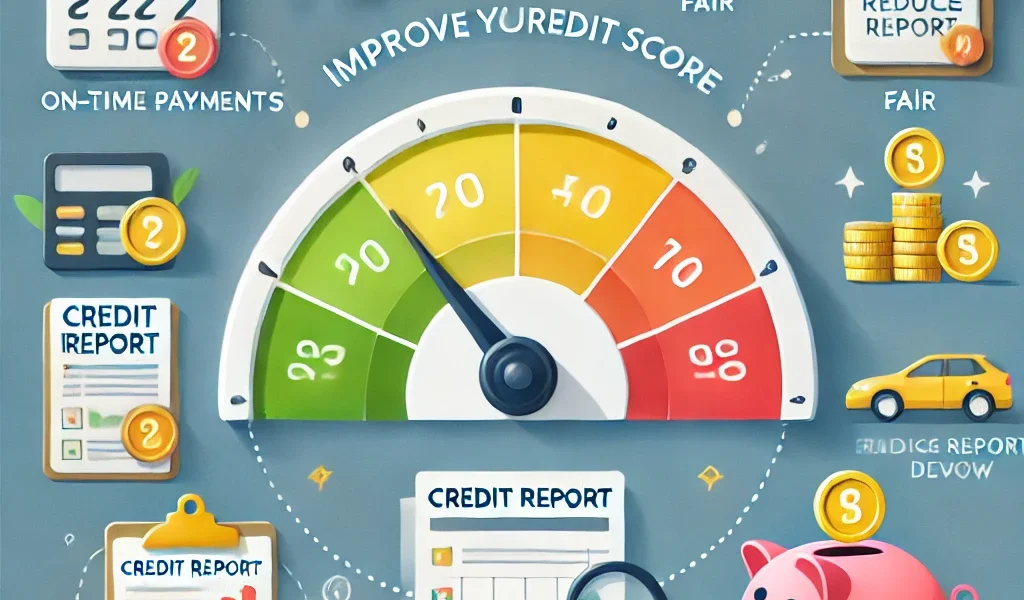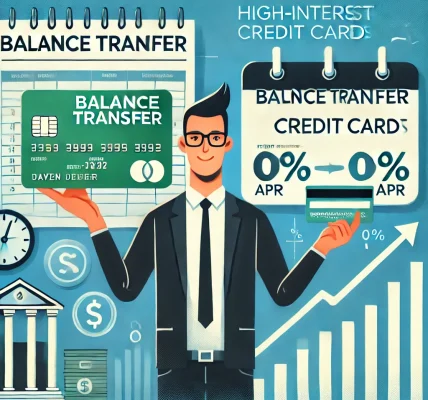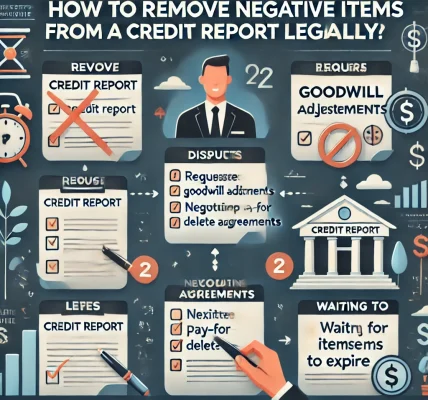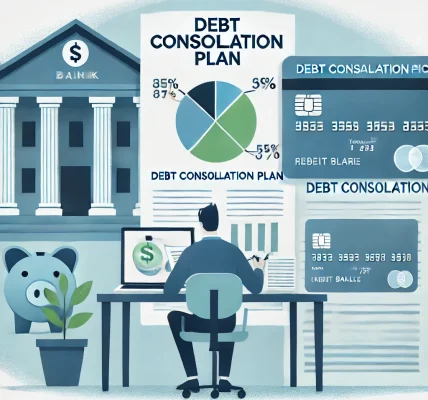Your credit score plays a crucial role in determining your financial health. A higher credit score can unlock lower interest rates, better loan terms, and increased financial opportunities. If your score needs a boost, don’t worry—you can improve it yourself with the right strategies. This guide will walk you through expert tips and tricks to raise your credit score fast.
Understanding Your Credit Score
Before jumping into improvement strategies, it’s essential to understand how your credit score is calculated. The most common credit scoring model, FICO, considers these five factors:
- Payment History (35%) – On-time payments boost your score.
- Credit Utilization (30%) – Using too much of your credit limit can hurt your score.
- Length of Credit History (15%) – Older accounts help improve your score.
- Credit Mix (10%) – A mix of credit types (loans, credit cards) is beneficial.
- New Credit (10%) – Too many new accounts or inquiries can lower your score.
1. Check Your Credit Report for Errors
One of the fastest ways to improve your credit score is to check your credit report for inaccuracies. Obtain a free credit report from Experian, Equifax, and TransUnion through AnnualCreditReport.com.
What to Look For:
- Incorrect account balances
- Accounts you don’t recognize
- Duplicate accounts
- Late payments wrongly reported
- Identity theft or fraud-related entries
How to Fix Errors:
- File a dispute with the credit bureau online or by mail.
- Provide supporting documents (bank statements, letters, or receipts).
- Follow up to ensure corrections are made.
2. Pay Your Bills On Time
Since payment history is the most significant factor in your credit score, ensuring you pay all bills on time is crucial. Even one missed payment can damage your score.
Best Practices:
- Set up autopay for credit cards and loans.
- Use reminders on your phone or a budgeting app.
- If you miss a payment, pay it ASAP and request your creditor not to report it.
3. Reduce Your Credit Utilization Ratio
Your credit utilization ratio is the percentage of your total available credit you’re using. Keeping this below 30% is ideal, but for the best score, aim for 10% or less.
Ways to Lower Credit Utilization:
- Pay down outstanding balances.
- Request a credit limit increase (but avoid spending more!).
- Spread balances across multiple cards instead of maxing out one.
4. Become an Authorized User
If a family member or close friend has a credit card with a long history and excellent payment record, ask to be added as an authorized user. This can instantly improve your score by increasing your credit age and available credit.
5. Limit Hard Inquiries
Each time you apply for new credit, a hard inquiry appears on your report and can lower your score temporarily.
How to Manage Credit Inquiries:
- Avoid applying for multiple credit cards within a short period.
- If shopping for a mortgage or car loan, apply within a short window (15-45 days) to minimize the impact.
- Check if you pre-qualify before applying to reduce unnecessary inquiries.
6. Diversify Your Credit Mix
Having a variety of credit types (credit cards, auto loans, mortgages, personal loans) can boost your score. However, don’t take on debt just for the sake of diversity—only apply for credit when necessary.
7. Pay Off Collection Accounts
If you have any accounts in collections, try to resolve them. A paid collection is better than an unpaid one. Contact the collection agency and negotiate a “pay-for-delete” agreement if possible.
8. Use Credit-Boosting Programs
Consider programs like:
- Experian Boost: Adds utility and phone payments to your credit file.
- UltraFICO: Helps those with little or no credit history by considering bank balances and spending habits.
9. Keep Old Accounts Open
Closing old credit cards can hurt your score by reducing your credit age and available credit limit. Instead of closing accounts, keep them open and use them occasionally for small purchases.
10. Set Up a Credit-Building Loan
A credit-builder loan from a credit union or bank allows you to make payments that are reported to credit bureaus, improving your score over time. This is a great option for those with no credit history.
How Long Does It Take to See Results?
Improving your credit score isn’t instantaneous. Here’s a general timeline:
- 1–2 months: Correcting credit report errors.
- 2–3 months: Lowering credit utilization.
- 3–6 months: Consistently making on-time payments.
- 6–12 months: Recovering from late payments or high inquiries.
Final Thoughts
Boosting your credit score requires patience, consistency, and smart financial habits. By following these expert DIY strategies, you can take control of your credit and unlock better financial opportunities.
Key Takeaways:
✔️ Check your credit report regularly and dispute errors. ✔️ Pay bills on time to avoid negative marks. ✔️ Keep credit utilization low (below 30%). ✔️ Become an authorized user on a responsible account. ✔️ Limit new credit applications to prevent hard inquiries. ✔️ Use credit-building tools and keep old accounts open.




